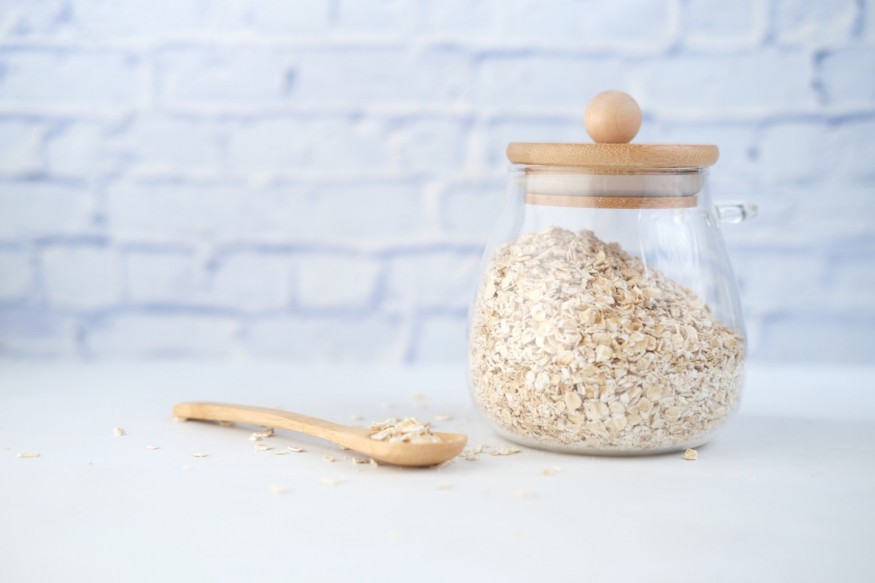
Oatmeal is a safe and efficient therapy for several skin disorders, including eczema and psoriasis, thanks to its calming, hydrating, and anti-inflammatory characteristics. One method to enjoy its five advantages is to take an oatmeal bath.
#1 Fights Itch and Irritation
How: Colloidal Oatmeal Protects
Colloidal oatmeal helps reduce itchiness and irritation brought on by viral rashes like shingles and skin diseases like eczema. For skin that is frequently irritated, or itchy skin that is unrelated to a skin problem, it may also be helpful.
Colloidal oatmeal has anti-itch and anti-irritation properties that make it useful for treating irritating insect bites. It's a secure and useful addition to medications like Benadryl, especially for young children.
Colloidal oatmeal adheres to the skin and creates a barrier of defense. Additionally, it reduces irritation and helps retain moisture. It also cleans the skin, as if that weren't enough. For generations, people have used it to soothe inflamed skin, WebMD explains.
#2 Moisturizing
How: Serves as Emollient
Finely milled oatmeal is known as an emollient or something that moisturizes and softens skin.
Experts say that moisturizers with colloidal oatmeal are superior to those without it for treating patients with moderately and severely dry skin.
Oatmeal baths are a fantastic substitute for children or adults who don't want to use or detest the feeling of lotion, which is typical of persons on the autism spectrum or who have other sensory sensitivities. This is particularly beneficial in the winter when dry skin gets worse, GoodRx Health noted.
#3 Alleviate Psoriasis
How: Antioxidative and Anti-inflammatory
On the skin, colloidal oatmeal is known to provide anti-inflammatory and antioxidant benefits. Some chronic skin conditions, including psoriasis, may be alleviated by an oatmeal bath.
The application of colloidal oatmeal topically has been shown to help fight pro-inflammatory cytokines and, in part, lessen the likelihood of scaling skin, dryness, and itching, according to research that was published in the PubMed journal Clinical Trial. This is because avenanthramides, a class of plant-based compounds that have been demonstrated in lab conditions to inhibit these cytokines, are present in colloidal oatmeal.
#4 Cleanses
How: Contains Saponins
Colloidal oatmeal face cleansers can help sensitive skin as oatmeal is a gentle cleanser. This is mainly because oats contain saponins, substances that are present in certain plant foods and are named for the soap-like froth that they produce when added to water.
Choosing a mild, oatmeal-based cleanser for acne-prone skin may help to lessen inflammation and moisturize the skin. When utilizing a strong acne treatment that irritates the skin, this can be extremely useful.
#5 Anti-UV Damage
How: Antioxidants Fight UV
Oatmeal contains potent antioxidants that effectively block ultraviolet (UV) rays. Oatmeal doesn't replace sunscreen protection, but this antioxidant activity may assist to boost the skin's defenses against the sun's harmful rays, The Healthy noted.
Conclusion
A range of skin disorders may be cured at home, from psoriasis to eczema, by taking oatmeal baths. For the skin, oatmeal has hydrating, calming, and anti-inflammatory properties. This is because a number of skin care formulations can include colloidal oatmeal.
Although oatmeal baths can soothe the skin, not all skin disorders can be treated with them, Healthline advises consulting doctors.
© 2025 NatureWorldNews.com All rights reserved. Do not reproduce without permission.





